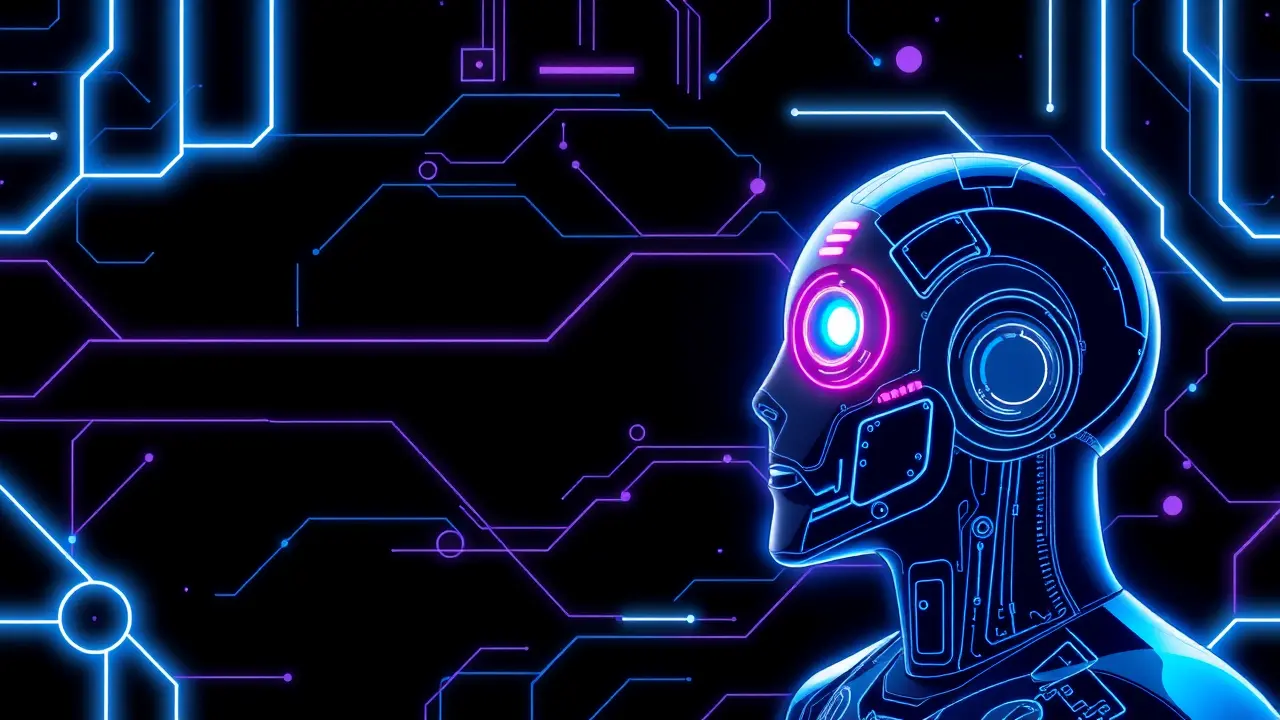OpenAI to Allow Adult Erotica in ChatGPT for Verified Users
In a move that is certain to ignite a firestorm of debate from Silicon Valley boardrooms to the halls of global regulators, OpenAI has announced its intention to permit the generation of adult-oriented erotica through its flagship ChatGPT platform, albeit with significant guardrails. This strategic pivot, confirmed by CEO Sam Altman, represents one of the most provocative and ethically fraught expansions of a consumer-facing AI product to date.Altman’s framing of the shift—that the chatbot will behave in a more 'human-like' way, 'but only if you want it'—is a masterclass in marketing ambiguity, yet it belies the profound technical and philosophical challenges inherent in such a venture. This is not merely a feature update; it is a fundamental renegotiation of the social contract between AI creators and users, forcing a long-overdue confrontation with the messy, complex nature of human desire and its intersection with artificial intelligence.The decision forces us to revisit the foundational principles of AI ethics, particularly Asimov's often-cited but rarely implemented laws of robotics, which, while designed for physical robots, underscore a universal need for non-maleficence. How does a language model, trained on the vast and often contradictory corpus of human knowledge, navigate the nuanced line between creative expression, consensual fantasy, and harmful content? OpenAI has promised a system of 'verified users' and unspecified 'safety measures,' but the devil, as always, will be in the algorithmic details.The precedent here is monumental. For years, major tech platforms have grappled with content moderation, often failing spectacularly.By stepping into this arena, OpenAI is not just opening a new market; it is assuming the role of a digital arbiter of taste and legality, a position for which there is no clear roadmap. The potential consequences ripple outward: Will this trigger a competitive arms race, compelling rivals like Google's Gemini and Anthropic's Claude to follow suit or stake out a more conservative, 'family-safe' position? How will app stores, particularly Apple's notoriously strict App Store, respond to an application that can, with the right prompts, generate explicit material? Furthermore, this announcement arrives at a critical juncture for OpenAI, a company simultaneously seeking to commercialize its technology aggressively while fending off existential concerns about AI safety and the pursuit of Artificial General Intelligence (AGI).Critics will argue that this move prioritizes user engagement and revenue over responsible stewardship, potentially eroding public trust at a time when it is most needed. Proponents, however, may see it as a long-overdue acknowledgment of adult users' legitimate interests and a step towards destigmatizing sexuality in digital spaces.The policy's ultimate impact will hinge on its execution—the robustness of its age-verification systems, the sensitivity of its content filters, and its ability to prevent the generation of non-consensual or illegal material. As we stand at this crossroads, the conversation must extend beyond mere technical feasibility to encompass the broader societal implications. This is not just about what ChatGPT can do; it's about what we, as a society, believe it should be allowed to do, and who gets to decide.
Latest News
The charts are whispering what the true believers have felt in their bones for weeks—Dogecoin is carving out a bottom.
17 hours ago5 comments
The Institute for Fiscal Studies has thrown a stark warning onto Rachel Reeves's desk, urging the Chancellor to confront a potential £22 billion shortfall in
17 hours ago3 comments
Alright, let's break down this absolute heater of a performance from the Chicago Blackhawks, because if you missed this one, you missed a party.
17 hours ago5 comments
The ice was hot last night in the NHL, folks, serving up a slate of games that felt less like a regular season Tuesday and more like a playoff preview with a
18 hours ago3 comments
The XRP chart is painting a tantalizing picture for those with the stomach to withstand the relentless pressure from crypto's leviathans.
18 hours ago4 comments
It’s in the small shifts, the quiet recalibrations of a Thursday morning, where the most meaningful change often takes root.
18 hours ago4 comments
In a move that sent ripples of quiet confidence through the crypto ecosystem, blockchain intelligence firms tracked a monumental treasury allocation from
18 hours ago4 comments
In a move that would have drawn a nod of approval from historical figures like Churchill, who understood the delicate balance of power within democratic
18 hours ago2 comments
JA
Jamie Wilson123k19 hours ago
oh wow this feels like a massive can of worms they're opening tbh, not sure how they're gonna manage all the safety stuff without things going sideways
0
JA
Jamie Wilson123k21 hours ago
tbh this feels like a massive can of worms they're opening here idk how the filters are gonna handle this without being a complete mess
0
JA
Jamie Wilson123k21 hours ago
tbh i'm not sure how they're gonna manage the safety stuff with this, feels like a massive can of worms they're opening
0
JA
Jamie Larson123k1 day ago
okay but the moderation on this is gonna be a nightmare, idk how they'll stop it from going off the rails tbh
0
JA
Jamie Lawson123k1 day ago
idk about this one tbh, feels like a massive moderation nightmare waiting to happen and the app store policies are gonna be a mess
0
JA
Jamie Wilson123k1 day ago
wait what are they thinking this seems like a disaster waiting to happen tbh
0
